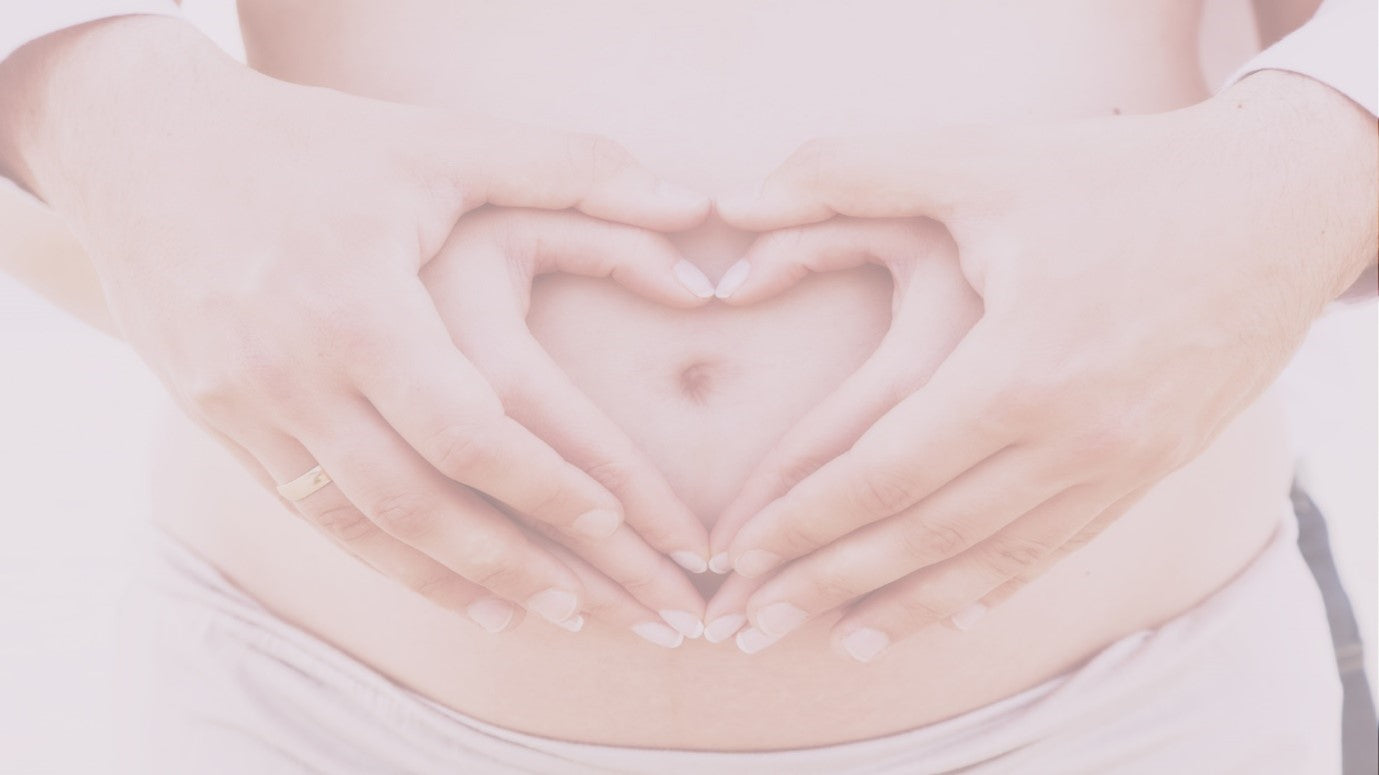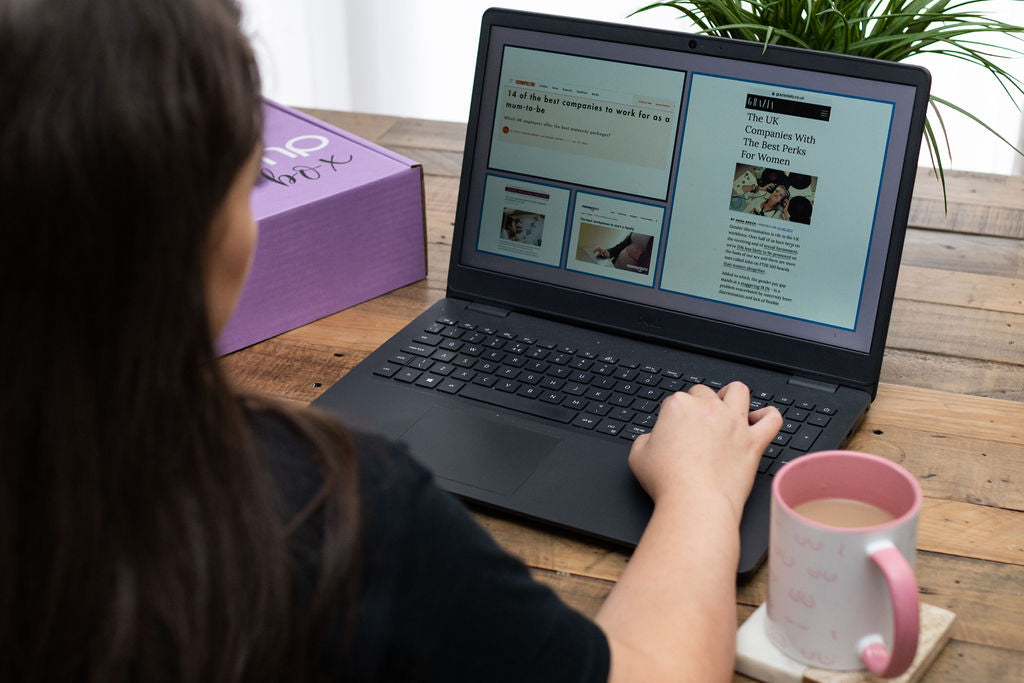Pregnancy Week by Week - Week 1-8

Congratulations on your pregnancy! Whether it’s your first or your fourth, you’re bound to have a lot of emotions and questions. This is an exciting time for you as you prepare to welcome your little one into the world, and we’re here to help.

The first 12 weeks of your pregnancy are going to be a challenge. With soaring hormones and all kinds of changes in your body, it’s typical for expecting mothers to be tired and nauseous at this time. These early symptoms are a sign of your body adjusting to accommodate your little one, and allow your body to share all the vital nutrients your baby needs. Other symptoms include:
- Mood changes
- Sore breasts
- Frequent urination
- Constipation
- Cravings
Morning sickness
Despite the name, morning sickness can actually occur at any point in the day. Some may feel sicker in the morning or at night, or even all day long. It’s a very common symptom in early pregnancy, although the exact causes are unknown. It should start to subside by weeks 16-20.

If you’re suffering from morning sickness, ginger is one of the best homemade remedies. Eating food and drink with ginger has been shown to reduce nausea and vomiting, or you can even try ginger supplements. You can also try:
- Avoiding foods/smells that make you feel sick
- Eating smaller meals
- Eating plain foods like toast
- Drinking more water
Preparations
There are a lot of changes going on in your first month of pregnancy, and that’s not just in your body. As the news starts to sink in, you need to make arrangements and prepare yourself for what is to come.
- Book an appointment with your GP
If you haven’t done so already, you need to book in with your doctor as soon as possible. Your GP will conduct the necessary tests and bloodwork to confirm your pregnancy and check your overall health.
- Take folic acid
As soon as you find out about your pregnancy, start taking folic acid tablets. It’s strongly recommended that you take these tablets for the first 12 weeks of pregnancy as it helps your baby’s development and protects against birth defects.
- Get a maternity exemption certificate
In the UK, pregnant women are entitled to free prescriptions and free NHS dental care. Speak to a doctor or midwife and they can apply for a maternity exemption certificate for you. This can be done as soon as they confirm your pregnancy.
Development
At this stage your little one is not much more than a few cells. In the first few weeks, these cells will grow to eventually become the different parts of your baby’s body.
Doctors will usually refer to them as an embryo for the first 8 weeks, but by the end of your first month they are the same size as a poppy seed.
DO
- Make time for yourself. You cannot take care of anyone else if you don’t feel good first – relax, have a bath, take a nap, do whatever you need to do to make yourself feel better.
- Record your feelings, milestones and questions. This is a special journey for you and your baby, so make sure you document this time and note down anything you want to remember.
- Exercise. Just going for a 30 minute walk every day will help your body limber up and release those endorphins.
DON’T
-
Use hot tubs, saunas, steam rooms, intense hot-weather workouts, super-hot baths, or anything else that could raise your body temperature.
-
Have more than 200mg of caffeine per day. Excessive caffeine can cause birth defects, so it’s best to limit your intake as much as you can.


